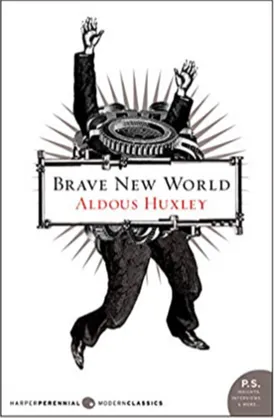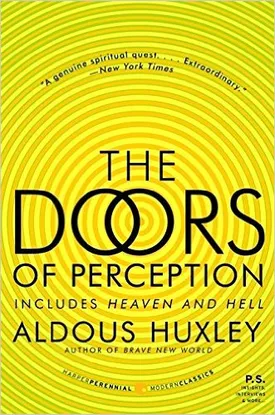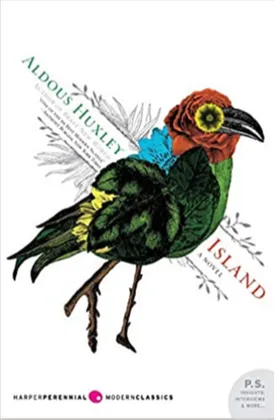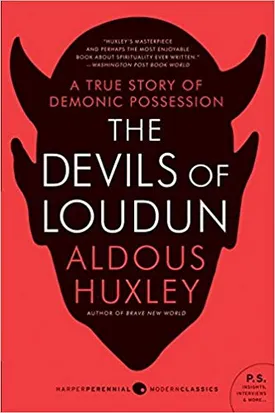Aldous Huxley
Aldous Huxley was a British author and philosopher whose works have inspired generations of thinkers and writers. He was born into a prominent family in July 1894, his grandfather being Thomas Henry Huxley, a 19th century naturalist and author. He attended Eton College before enrolling in Balliol College at the University of Oxford. While at Oxford, he studied French and Italian Literacy alongside a varied range of topics from philosophy to history and art.
It was in 1920, after studying at Oxford, that Huxley published his first novel, Crome Yellow, which questioned the encroachments of science, the rigid structure of society, and oppressive materialism in the modern world. This novel launched his career as a writer and set him on the cusp of international fame. He followed Crome Yellow with Antic Hay in 1923, which continued to explore similar themes as his first work, promoting the notion of a spiritually liberated yet materialistic society. Huxley’s Lost Generation novel, Those Barren Leaves (1925), cemented his credentials as a writer and formed the beginning of his career-long exploration of deep themes and ideas.
Huxley adopted a range of wider, social and political issues throughout his career, including pacifism and female emancipation. He explored these themes in his most famous novel, Brave New World (1932), which is widely renowned for its prescient exploration of a high-tech and highly commoditised future world. This book remains one of his most enduring works and has inspired countless subsequent works, including films and television series, as well as spawning the term ‘Brave New World’ which has gone on to become a universally accepted phrase for a future world controlled by science, technology and commercialisation.
In the years that followed, Huxley experimented with many differing genres, from essays to travelogues. He wrote extensively about spiritual ideas and also explored the emerging field of psychology. In 1945, he published The Perennial Philosophy, an exploration of universal spiritual themes that he had been studying since his days at Eton. His book of essays, The Doors of Perception, published in 1954, was an influential exploration of the ways in which art, music and literature can serve to heighten awareness and enhance consciousness.
Aldous Huxley died in 1963, leaving behind an impressive and wide-ranging body of work that has continued to inspire generations of writers, philosophers and thinkers. His work has made a significant impact on the field of literary criticism, as well as our broader understanding of the human condition. He was a pioneering figure in a number of fields, from wide-ranging social themes such as education and gender equality, to broader philosophical questions about the interface between science and spirituality.
Overall, Aldous Huxley’s writings have had a tremendous influence on the development of modern thought, as well as inspiring generations of creative thinkers. His works, which span a range of genres and styles, are renowned for their groundbreaking exploration of the human condition. Whether exploring science, spirituality or the corrosive effects of materialism, Huxley’s work offers a unique and wealth of insight into a broad range of topics. His influence continues to be felt to this day in the works of a new generation of writers and thinkers, who are continuing his quest for knowledge and wisdom.




